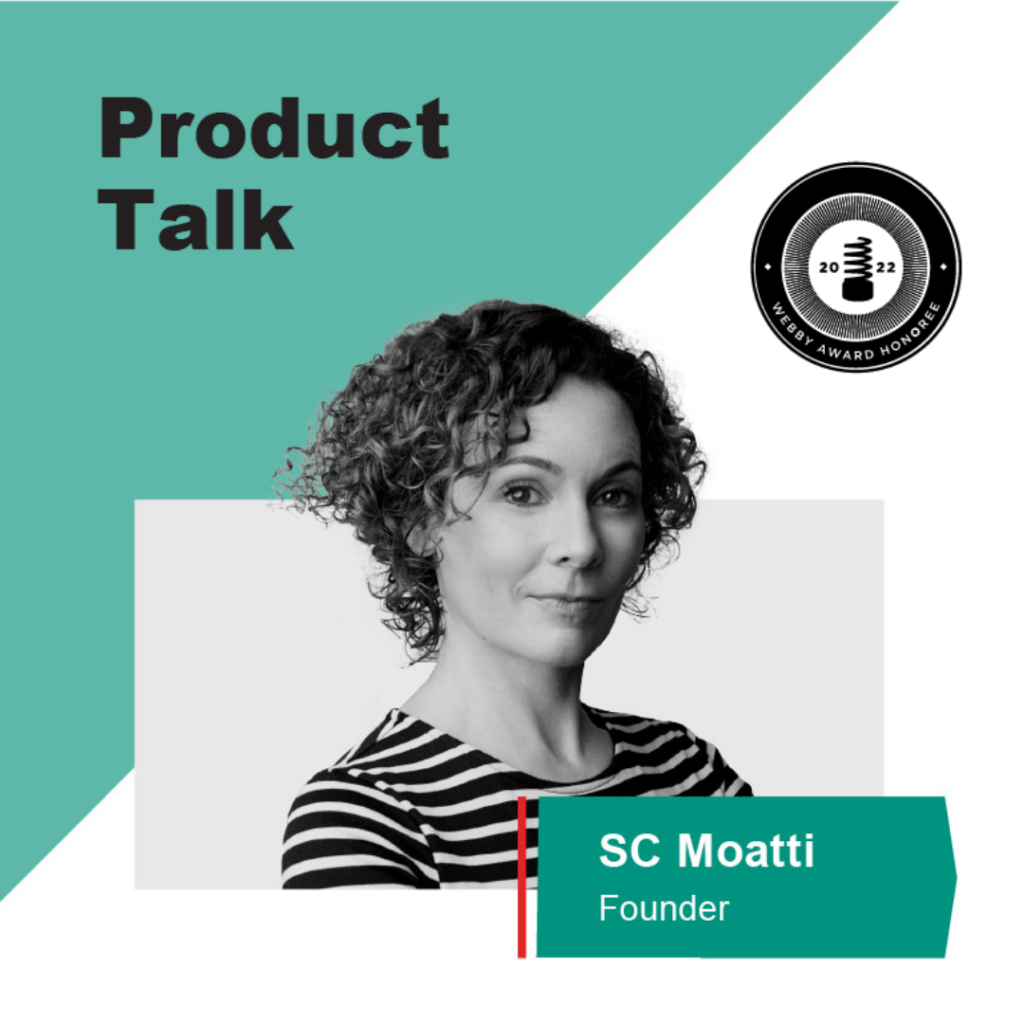I’m originally from Canada and I’ve been in the Bay Area for about eight years. Currently, I am a founder of a startup that I’ve been working on for the last two years. Prior to that, I was working on another startup. Believe it or not, I started my career journey doing environmental science work. However, the environmental work didn’t fulfill me and it didn’t help that I felt like a cog in the government’s wheel. So, I set out to get an MBA in Toronto and that introduced me to the world of tech.

From Environmental Science to Product Management
In the beginning of my MBA, I focused all my attention on corporate social responsibility. I thought that by working in tech I would have more control over the process and results of the work. So I moved to Palo Alto, and I started working on everything that I possibly could. I started reading books, meeting people, and going to events.
I worked on four different products until I built on one that finally worked. My successful product was Quibb, a professional network to share industry news and analysis. Sadly, I shut it down about three years ago. However, I’ve been working on this new thing which we’ve been experimenting on some different social products for the past two years.
The Skills and Motivations For Working In Product
People often ask me what benefit my environmental science background has for my career in tech. I like to point out that one of the things that is well recognized in the field of environmental science is complexity and systems thinking. Furthermore, I think a lot of that stuff can be applied to tech and products. Another benefit is that environmental science helped me work on applying research knowledge to solve a problem.
Regardless of my environmental science background, I like being exposed to all the different parts that are involved in building a product. Yet, I think it also comes down to the fact that I want to see certain products come to life. I have ideas, wants and needs for things that I think should exist in the world that other people aren’t doing. It also helps that I personally have the skills, capacity, and privilege to be able to do so. So I’m usually going to take it upon myself to try to create those things should exist.
Nonetheless, coming up with a great product is difficult. However, one thing that helped me is my empathy. Product people have commented that I’m highly empathetic. In fact, it’s very easy for me to open-minded and put myself in the shoes of users. This allows me to understand not just like their actions but the life that they live, and their environment.
About the speaker
Sandi MacPherson started Quibb in 2013 from the heart of Silicon Valley, in small cafes on University Ave in Palo Alto. Before starting Quibb, Sandi worked in cleantech, graduating with her MBA from Schulich School of Business after roles at Environment Canada and Social Venture Partners.
About the host
Christina is a product leader with a passion for crafting. After six internships and four years studying computer science at the University of Waterloo, she found product management. After a few years of building a foundation in execution, she launched her first product at BlackBerry in 2011. Since then she been hooked on crafting new digital things ever since. Her efforts on growth and mobile helped propel Yammer towards acquisition. Following that, Christina headed up product at early stage companies twice. Currently she’s at Credit Karma where she is the leader for new product initiatives. When she’s not crafting products or podcasting, you can find her reading, cooking, working on her fitness, or channeling her inner Martha Stewart.